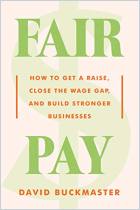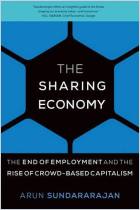
Article
In Defense of Tipping, Part I: Principal-Agent Problems
Recommendation
Good service is good business all around, and so tipping can be useful in certain places, like restaurants, where service can vary. But now gratuities extend to areas in which no service exists, making the tips seem undeserved and the recipients, greedy. In this scholarly essay, professor Anthony Gill reveals tipping’s relationship to the principal–agent economic problem, in which one party – such as a restaurateur – depends on the work of an agent – a food server. Gill’s research will prove handy the next time you drop change into a jar at your coffee shop.
Summary
About the Author
Anthony Gill is professor of political economy at the University of Washington.
Learners who read this summary also read
Book
Book
Book
















Comment on this summary or Start Discussion